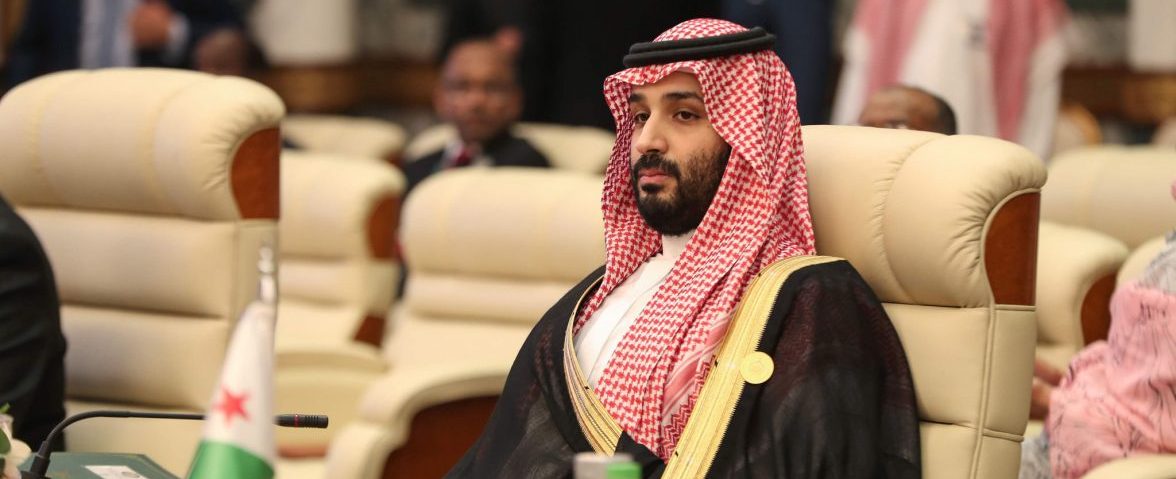At the beginning of each year, we and our colleagues publish our forecast, “International Threats,” where we analyze the key trends in international politics. Most often we focus not on obvious trends but on the hidden agenda that is only reflected by indirect signs. We called one trend a wave-like growth of a power confrontation between great powers that can no longer afford to fight each other. We called this phenomenon a “festival of provocations.”
Provocations benefit everyone. They allow strong states to express anger, reaffirm their supremacy, and to even use force but without resorting to war. Weak states use them to compel strong countries to act in the weaker country’s interests or to disrupt the actions of the weaker country’s opponents. The Houthi attack on Saudi facilities is yet another manifestation of this trend. It is one of those events that could have taken place at any time but didn’t – until recently.
Those who stage provocations often do it in the open like Ukraine in the Kerch Strait, the United States with North Korea or Britain with the Iranian tankers. However, more often they act indirectly, by proxy like the White Helmets in Syria, hackers in the US presidential campaign and Houthis in their attack on Saudi energy facilities.
As a result of this crisis, Iran has substantially strengthened its position in regional policy. For one year it has been subjected to overt US pressure that is assuming increasing force. Tehran waited in the hope that restraint and diplomacy would help alleviate the consequences of the US withdrawal from the nuclear deal but eventually realized that the Europeans were perplexed and fist law triumphed again.
The Houthi attack on Saudi oil facilities, which have been blamed on Iran, is a desperately risky action but it worked. A step that under different circumstances could be considered casus belli drew more attention to the demands of Tehran, which suddenly ceased to be seen as a convenient punching bag.
This was facilitated by chaos in Washington where disorganization in foreign policy processes has reached a peak. The desire to go for a power gamble has sharply declined in the United States with the resignation of John Bolton, the main proponent of politics by force. There is also discord among Iran’s regional rivals. Israel is going through a cyclical political crisis that won’t allow Benjamin Netanyahu to form a government. Saudi Arabia has sharply reduced its foreign policy activities after a palace coup last year. However, attention to Iran’s interests has grown mainly because it once again demonstrated its military potential. As a result, an altered environment has taken shape in the Middle East. How does this affect Russia’s interests?
First, it appears that indirect power gambles are a new norm that is being used by all militarily capable players and that is increasingly recognized as a legitimate form of upholding national interests. Provocations allow them to show their vital interests without resorting to war.
Second, the dangerous escalation of tensions by the US and Saudi Arabia over Iran has produced a reverse effect. Tehran proved capable of making a symmetrical move, albeit not a direct one.
Third, the regional deterrence of rivals in the Middle East will become stronger because they are balancing each other out, being aware of their comparable military potentials. History shows that mutual deterrence is a more reliable foundation for peace than multilateral agreements.
As a result, Russia’s mediation will be more in demand in the region like its role as a security provider that was demonstrated in Turkey’s case. Let’s not forget that Russia has amassed vast experience in repelling attacks by combat drones at its base in Tartus.
Original publication valdaiclub.com












